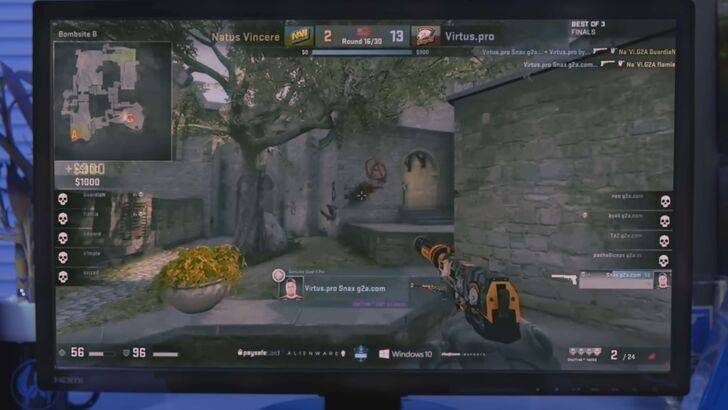Game Development Trends: PC Dominates, Live Service Concerns Emerge
The 2025 Game Developers Conference (GDC) State of the Game Industry report highlights significant shifts in game development. A striking finding reveals that a massive 80% of developers are prioritizing PC as their primary platform, a 14% jump from the previous year's 66%.

This surge in PC-focused development, while unexplained fully, may be partially linked to the growing popularity of Valve's Steam Deck. Although not explicitly listed as a development platform in the survey, a significant 44% of respondents who selected "Other" specified the Steam Deck as a target platform.

The report reinforces the PC's dominant position, a trend escalating from 56% in 2020. While the rise of user-generated content (UGC) platforms like Roblox and Minecraft, and the anticipated launch of the Switch 2, present challenges, the PC's market share continues to expand. The continued dominance of PC suggests a substantial increase in PC game releases, further enriching its extensive library. However, the Switch 2's enhanced graphics and performance could potentially alter this trend.

Live Service Games: A Mixed Bag
The GDC report also sheds light on the prevalence of live-service games. A significant one-third (33%) of AAA developers are currently engaged in live-service projects. Expanding the survey to all respondents, 16% are actively developing live-service titles, with an additional 13% expressing interest. Conversely, 41% show no interest, citing concerns such as declining player engagement, creative limitations, exploitative practices, microtransactions, and developer burnout.

The report highlights "market oversaturation" as a major challenge for live-service games, with many struggling to maintain a sustainable player base. Ubisoft's recent closure of XDefiant, just six months post-launch, serves as a stark example of this difficulty.
Geographical Representation: A Western Focus
A subsequent report by PC Gamer points to a significant underrepresentation of developers from non-Western countries in the GDC survey. Nearly 70% of respondents hail from Western nations (US, UK, Canada, Australia), with notable absences of significant gaming regions like China and Japan. This geographical bias might skew the report's findings, potentially failing to fully reflect the global game development landscape.

















